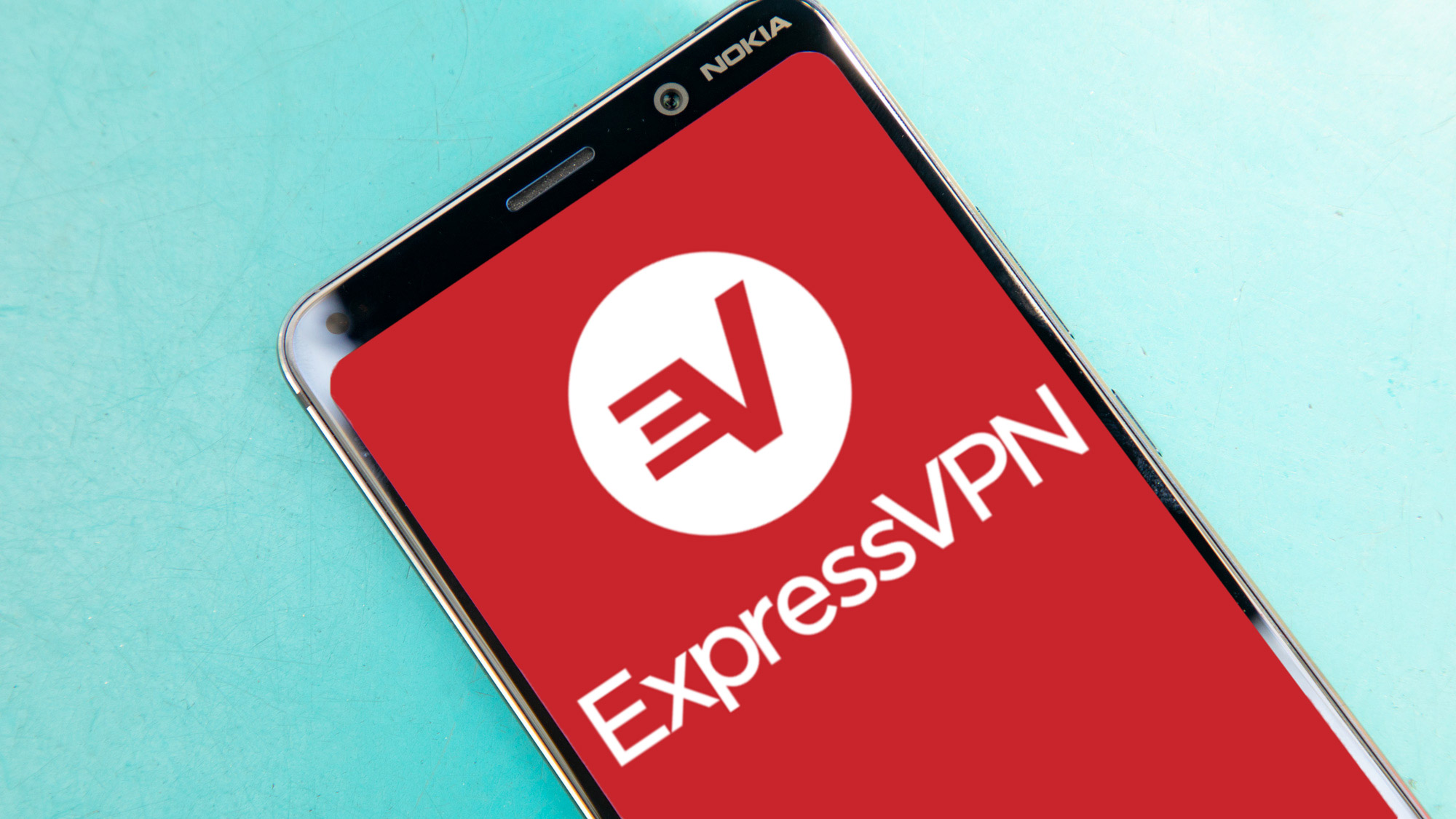5 handy things Android VPN apps can do
Streaming, remote working and faster connections all at hand

Sign up for breaking news, reviews, opinion, top tech deals, and more.
You are now subscribed
Your newsletter sign-up was successful
If you haven’t heard the term before, VPN stands for virtual private network - and if you're an Android phone user then we'd seriously recommend getting accustomed to the term.
VPNs keep your data secure by transferring it over encrypted connections to private servers located in remote locations all around the world - whether that be on your home PC, laptop or, yes, Android device.
To maintain data security, many people working remotely use VPNs when connecting their laptops to private networks. However, you can also use a VPN on your Android phone, and i
There are myriad reasons why you may wish to download such an app to your smartphone, and in this article we’re going to look at five reasons why you should seriously consider grabbing hold of an Android VPN.
- Want protection for your PC? Discover today's best Windows 10 VPNs
1. Protect your data
Our phones are with us constantly and are almost always connected to the Internet: syncing emails, checking social media accounts, reading articles, making purchases, or checking bank accounts.
While you may usually use mobile data for Internet access, there may be times when you’ll choose a public Wi-Fi network instead. Usually, these networks have no encryption, which opens the door for hackers to intercept your data in transit from your device to its destination server. If that data is of a sensitive nature, like credit card details, then you’ve got a problem.
Using a VPN on your Android means that your data will always be encrypted and secure, even if you are using unsecured public Wi-Fi networks.
2. Spare your phone from ransomware
Ransomware attacks began with computers, but the incidence of these sorts of attacks on phones is on the rise. Hackers scan the Internet for vulnerable devices and remotely install ransomware, which locks your device and thus rendering it useless. You then have to pay to have your device returned to its original state.
If your phone is protected by a VPN, hackers won’t ever discover your device in the first place. Your data travels down a special, secure 'tunnel' between your device and the remote server on which hackers can’t snoop.
So while we'd always recommend getting Android antivirus for your phone, using a VPN is also an extremely wise idea.
3. Unlock restricted content
A lot of streaming content out there is restricted to certain regions. That's true of both domestic services like BBC iPlayer in the UK and Hulu in the US, but also means that catalogues on Netflix are region-specific as well - a show or film that's available on Canada Netflix may not be available on US Netflix, and vice versa.
Likewise, many sporting events are restricted to only being shown in certain countries thanks to rights reasons.
Most of the time, this isn’t a problem, but if you’re on holiday or abroad on business in a destination outside your usual region, you may find that you can’t access the content you would normally be able to.
With a VPN, you’ll be able to select a server from the region in which you usually live and make your software a great companion VPN for streaming.
4. Access work files
If you have a phone supplied by your company and you use it for sending and receiving emails, you might find that sometimes you need to attach documents that only exist on servers at your place of work. To provide access to these files from any location outside the office, many companies set up their own remote access VPNs so staff can quickly and securely access the files and documents they need without having to be on the premises. The VPN not only provides access but also security, ensuring the integrity of the company’s data.
5. Gives you better bandwidth
Perhaps surprisingly, you may actually get more bandwidth on your phone than you would normally by connecting to a mobile VPN. That’s because many of these services allow you to have more than one Internet connection running simultaneously.
This leads to increased bandwidth and lower latency, which in turn means less buffering of streaming video, no dropouts during important business calls, and higher quality live broadcasts from social media platforms.

Which VPN should you choose for your Android?
In short, you should get a VPN for your Android phone that offers fast connections, a super intuitive dedicated app, all the security smarts available and excellent 24/7 live chat support, just in case you run into trouble.
For our pick of the greatest, look no further than our guide to the best Android VPNs available today, where you'll discover ExpressVPN is head and shoulders above the rest. And if you're still undecided, you'll see that the provider offers a quibble-free 30-day money back guarantee. That means you can give it a try on your Android without obligation.
Read more:
- Our dedicated list of the best working Netflix VPN
- See how the best business VPN can help keep your company connected
- Get the ideal device with our guide to the best Android phones
Sign up for breaking news, reviews, opinion, top tech deals, and more.
John is a freelance writer and web developer who has been working digitally for 30 years. His experience is in journalism, print design and web development, and he has worked in Australia and the UK. His work has been published in Future publications including TechRadar, Tom's Guide, and ITProPortal.
